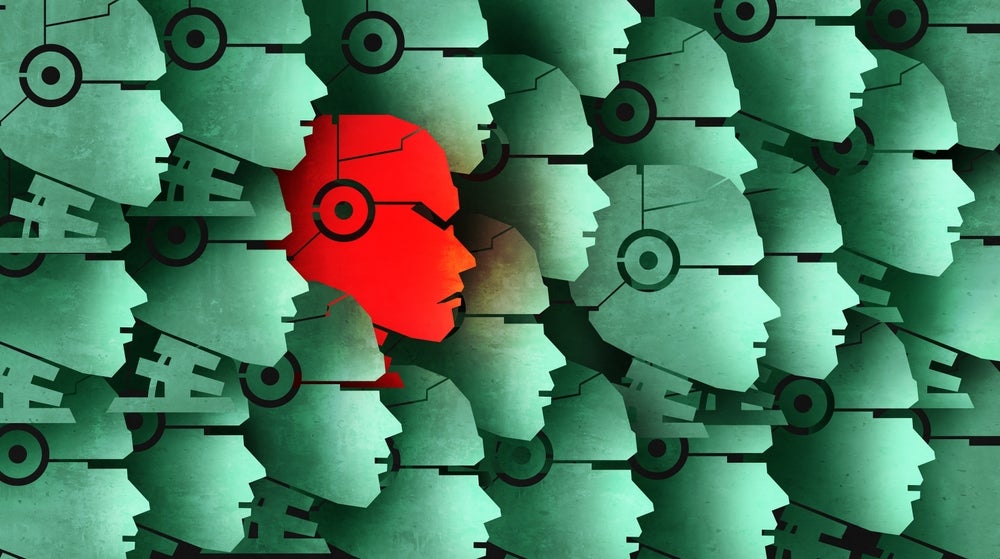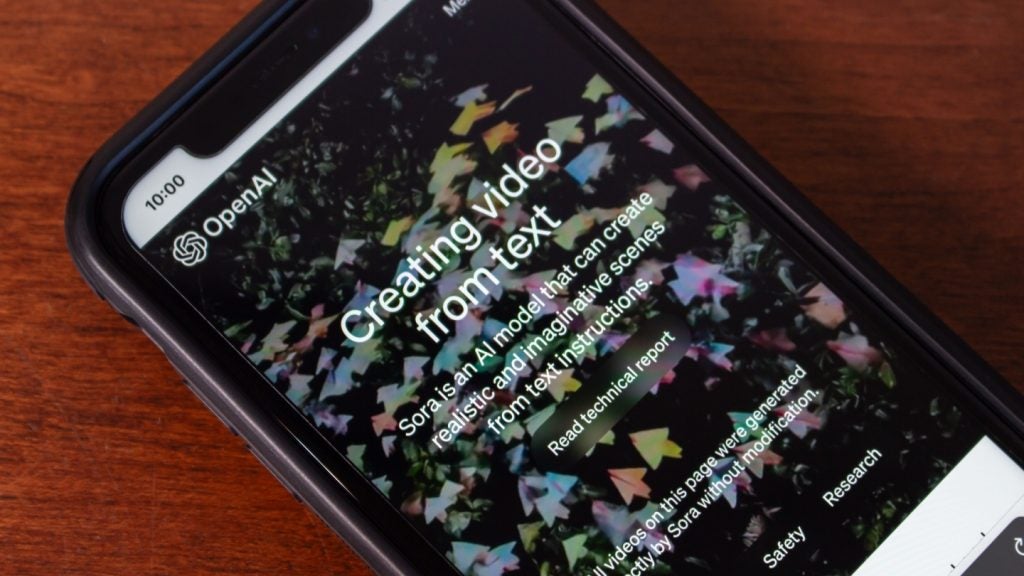
Media companies are an attractive target for hackers as they house plenty of sensitive data, and often rely on third parties to protect said data.
Cyberattacks on media entities make headlines, attracting significant public interest in high profile cases. This can cause significant reputational damage, especially when proprietary content owned by the companies is leaked before they are made officially public.
A notable example of this are gaming companies
Rockstar Games had early footage of GTA 6 released onto social media, drawing mass criticism and speculation from fans of the gaming franchise. The hacker stole 90 clips of hugely anticipated GTA 6, which was still in the early phases of development at the time.
During the court case Rockstar told the court that stopping the hacker and recovering the leaked footage had cost $5m, plus ‘thousands of hours’ of staff time. It is clear that for these media companies hacks are costly, and for the hackers themselves ransomware attacks can be a lucrative business.
Media businesses, by their very nature, are in the limelight.
There is nowhere to hide for media companies experiencing a cyber-attack, even if they manage to put out the fire before it spreads. In February 2023 Virgin Media had to take some programming off air to mitigate what was ultimately an unsuccessful cyberattack.
Incidents like these should make companies consider a more robust, preventative cybersecurity system which prevents disruption in the first place. Sadly, this is not always a top priority, even for the increasing number of digitally native media companies.
How well do you really know your competitors?
Access the most comprehensive Company Profiles on the market, powered by GlobalData. Save hours of research. Gain competitive edge.

Thank you!
Your download email will arrive shortly
Not ready to buy yet? Download a free sample
We are confident about the unique quality of our Company Profiles. However, we want you to make the most beneficial decision for your business, so we offer a free sample that you can download by submitting the below form
By GlobalDataCan leaks ever be good business?
It is a good case study in PR and controlling public response. If a game is released in early development, years before its official release, then fans are bound to speculate on the end result, what to expect, and get preconceived ideas. However, certain companies deliberately ‘leak’ certain elements to guage public reaction, rouse interest by peaking people’s curiosity.
However, many leaks are not controlled, but rather a byproduct of employee error or hackers looking to wreck havoc or rinse money from large media companies. They invariably damage the reputation of high profile media companies.
Companies need to protect consumer sensitive information.
Unlike other industries such as oil and gas, or pharma, media does not have a long history of regulation, and has only recently become truly digitally native. OTT platforms, for instance, hold sensitive consumer information which, if hacked, can be exploited by hackers. This makes them more vulnerable, and at risk of data privacy breaches should their security systems prove inadequate
It is time that media companies put cybersecurity front and centre of their 2024 decision making to avoid incurring severe financial losses through fines or paying hackers to regain their intellectual property. The industry is considered a soft touch, and needs to build robust security systems, use the latest software, to avoid become a trending topic on social media… for all the wrong reasons.




